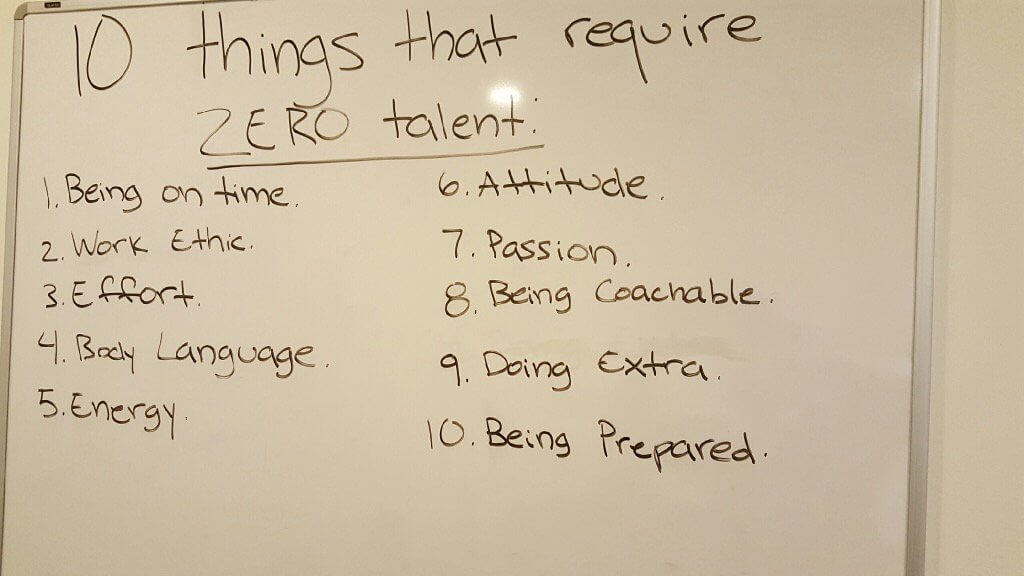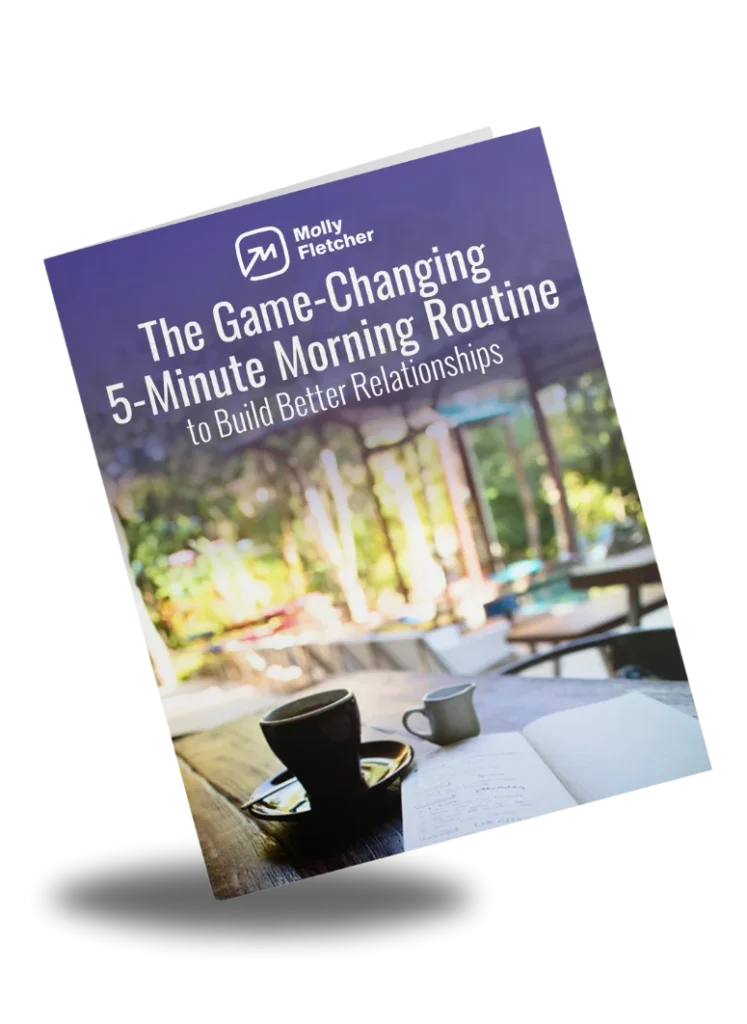 Balancing trust and risk is necessary in every negotiation. This is a story that illustrates how striking this balance will help you ask for what you want and get it.
Balancing trust and risk is necessary in every negotiation. This is a story that illustrates how striking this balance will help you ask for what you want and get it.
My three daughters—twins and a sister born within a year of each other—have the kind of teeth that look like a land mine went off in each mouth: teeth everywhere they shouldn’t be. In my area, braces go for $3,000 a kid. I got to know the orthodontist, and her business operates like those of many entrepreneurs. She bills clients as the work is done, and enough clients pay in time for her to clear a profit.
It’s important to study anxiety points like this.
I saw what a pain it was for her office to track the records of every single kid and family and payer. That was a burden I was ready to relieve when we sat down to discuss our orthodontia game plan. You might be thinking that no one negotiates with medical professionals such as orthodontists, but to me, anyone I do business with is in the business of negotiating. The orthodontist may not negotiate many deals like the one I was going to propose, but she’s already had to negotiate with insurance companies, suppliers, and who knows who else. All businesses do; the challenge is to draw a person into negotiating in an area that may be nontraditional.
She goes over what my girls need and quotes me $3,000 for each girl’s orthodontic work. “What if I give you $6K up front for all three?” I counter. “It’ll be simpler for you to be paid in advance and not have to mess with any billing.” She doesn’t think long. “Done,” she says. And it was. I wrote the check, and my girls are getting their teeth straightened.
Key negotiating tips
My counteroffer illustrates these important steps:
1. Setting the Stage: I knew the typical cost (the “comp”) for the service I needed. I had done my homework on what I should expect to pay. This was my baseline. I had scouted out how her business operated.
2. Finding Common Ground: People faced with complexity are attracted (generally) by simplicity. The orthodontist would save work by accepting my offer for less cash. Essentially we were working together for a common goal of simplifying our transaction. Note that this deal involved a good bit of trust from me that I wouldn’t get screwed on service, that this orthodontist wasn’t going to leave town before the job was done. I bet against that on the basis of her reputation. She knows, too, that a great deal for me can result in intangible marketing benefits as I advertise her among my deep base of neighbors and clients who are connected through social media. Part of our deal involved her being able to take before and after photos of my daughters’ teeth. Finding Common Ground often can lead to discovering win-win scenarios like this.
3. Asking With Confidence: I was precise ($6K) and concise (just a couple of sentences). Talk as much as you need to, but no more. The more concise you can make your ask, the more confident you will become. Fewer words means less margin for error; this takes practice.
Your Game Changer Takeaway
I was able to Ask with Confidence because my trust was high. The higher the risk of the ask, the more trust you need before you can Ask with Confidence. There has to be enough trust that you truly believe in what you are asking for enough to overcome any doubt that it is worth asking for. Confidence comes from a place of safety and trust, both of which can be established through Setting the Stage and Finding Common Ground.
The Molly Fletcher Company inspires leaders, teams and organizations to kick-start growth. A keynote speaker and author, Molly draws on her decades of experiences working as a sports agent. Her company’s Game Changer Negotiation Training workshops teach businesspeople the framework for successful negotiating, so that you can close more deals while building stronger relationships. Sign up here to receive our weekly newsletter and subscribe to the Game Changers with Molly Fletcher podcast on iTunes.
















